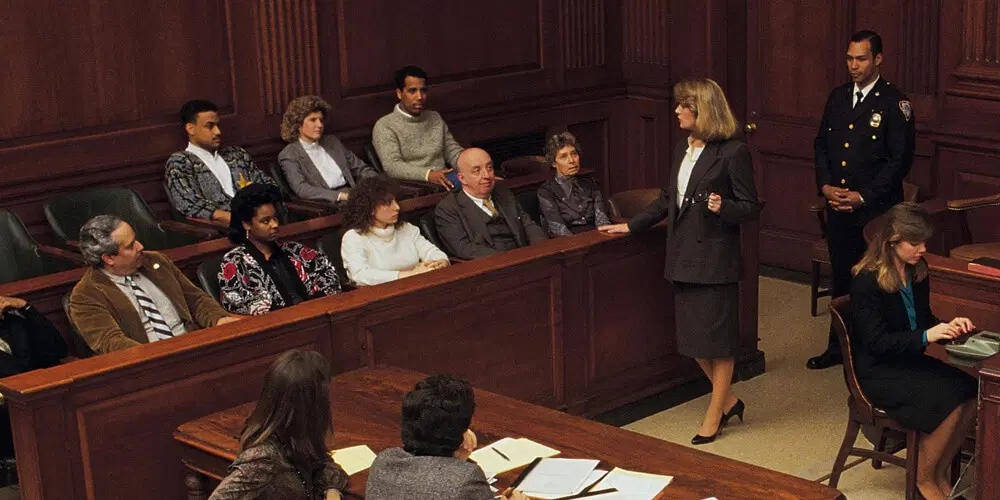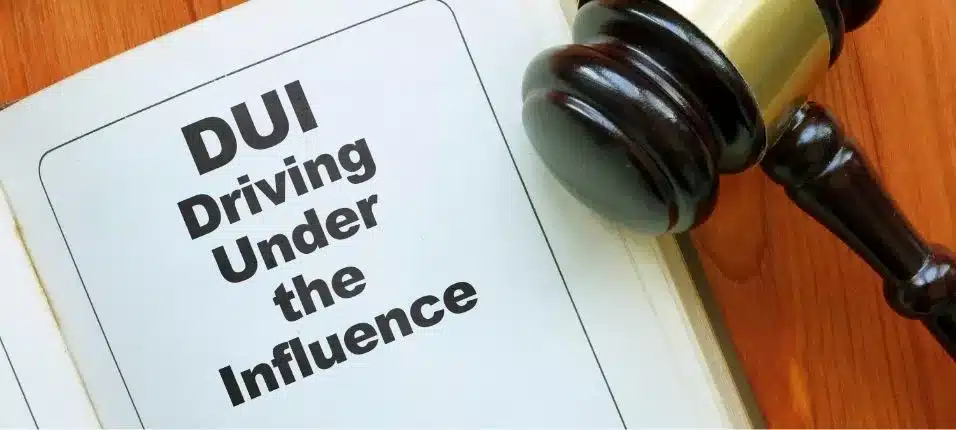
Trial
A trial is a formal legal proceeding where both parties in a dispute present evidence, witness testimonies, and arguments before a judge or jury to resolve a case. Trials serve as the foundation of the legal system, providing an opportunity for each party to argue their side and seek a fair outcome. At 770GoodLaw, we support clients through every step of the trial process, ensuring they understand their rights and have a compelling case strategy to achieve justice.
Purpose of a Trial
The main purpose of a trial is to establish the truth through a structured examination of facts, allowing a judge or jury to make an informed decision. Trials uphold justice by ensuring that both parties are given a fair chance to present their case and challenge the opposing side’s claims. In civil cases, such as personal injury or accident claims, the goal is often to determine liability and compensation for damages.
Key objectives of a trial include:
- Fact-Finding: Trials provide a platform for gathering evidence and assessing facts, ensuring that decisions are based on accurate and verified information.
- Ensuring Fairness: The trial process ensures each party has an equal opportunity to present their arguments and evidence, with the judge or jury acting as impartial decision-makers.
- Delivering Justice: The trial’s outcome aims to deliver a fair and just resolution, holding parties accountable and compensating those harmed by wrongful actions.
Types of Trials
Trials can vary depending on the nature of the case and the jurisdiction. In general, trials fall into one of the following categories:
- Civil Trials: In civil trials, the court resolves disputes between individuals or entities, typically involving claims of injury, breach of contract, or property damage. The primary goal is to determine liability and award compensation to the injured party.
- Criminal Trials: Criminal trials involve charges brought by the state against an individual accused of violating criminal laws. The purpose is to determine guilt or innocence and, if found guilty, impose appropriate penalties.
- Bench Trials: In a bench trial, the judge alone hears the case and issues a verdict, making it a common option when parties prefer a quicker, less formal proceeding without a jury.
- Jury Trials: In a jury trial, a group of peers, chosen as jurors, hears the case and deliberates to reach a verdict. This type of trial is often used in cases where impartiality and public opinion are crucial.
Phases of a Trial
The trial process is composed of several phases, each critical to establishing facts and presenting arguments effectively. The main phases include:
- Jury Selection: In jury trials, the first phase involves selecting impartial jurors through a process called voir dire, where attorneys question potential jurors to assess any biases or conflicts of interest.
- Opening Statements: Each party presents an opening statement, outlining their position and previewing the evidence they will present during the trial.
- Presentation of Evidence and Witness Testimonies: Both sides present their case by submitting evidence, calling witnesses, and cross-examining the opposing party’s witnesses to challenge their credibility.
- Closing Arguments: After presenting all evidence, each side makes a closing argument, summarizing their case and emphasizing key points to persuade the judge or jury.
- Jury Deliberation and Verdict: In a jury trial, the jury deliberates in private to reach a verdict. In bench trials, the judge reviews the evidence and issues a final judgment.
Trial Outcomes in Personal Injury Cases
In personal injury cases, the trial’s outcome generally involves determining liability and awarding damages to the injured party. Types of damages awarded can include:
-
Compensatory Damages: These cover medical expenses, lost wages, and other quantifiable costs resulting from the injury.
-
Non-Economic Damages: Non-economic damages address emotional distress, pain and suffering, and loss of enjoyment of life.
-
Punitive Damages: In cases involving gross negligence or intentional misconduct, the court may award punitive damages to deter similar behavior in the future.
How 770GoodLaw Supports Clients Through the Trial Process
At 770GoodLaw, we recognize that trials can be complex and intimidating for clients. Our attorneys provide comprehensive trial support, from pre-trial preparation to post-verdict actions, ensuring clients have a strong case and clear understanding of each step. Our support includes:
- Preparing Thorough Case Strategies: We conduct in-depth case reviews, gathering evidence, consulting experts, and developing a clear strategy tailored to our clients’ goals.
- Presenting Persuasive Evidence: Our team ensures that evidence is presented effectively, organizing testimonies and documentation to strengthen our clients’ case.
- Cross-Examining Witnesses: We skillfully cross-examine opposing witnesses, challenging inconsistencies and highlighting weaknesses in the other party’s case.
- Offering Ongoing Guidance: Throughout the trial, we keep clients informed, providing explanations and support as each phase progresses, helping them feel confident and prepared.
Importance of Legal Representation in Trials
Trials require in-depth legal knowledge, strategy, and skill, making experienced legal representation essential. Attorneys ensure that all procedures are followed, evidence is properly presented, and the case is argued persuasively. At 770GoodLaw, we bring expertise and dedication to each trial, advocating for clients’ rights and working to achieve fair outcomes.
Why Choose 770GoodLaw for Trial Representation
With our commitment to Relentless Reliability and Sincetegrity, 770GoodLaw offers clients comprehensive support and representation through every phase of the trial process. We are dedicated to fighting for justice, delivering effective legal advocacy, and helping clients achieve the compensation they deserve.



